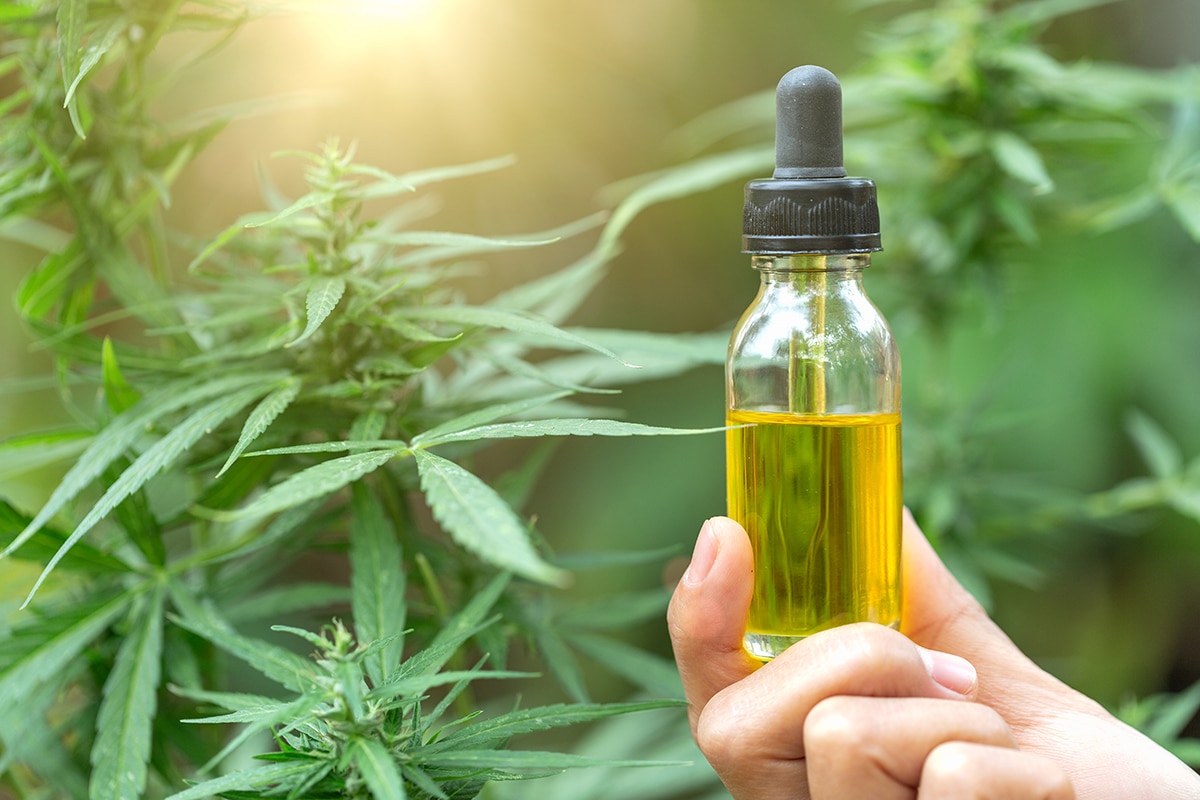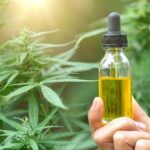
Early study reveals that cannabidiol (CBD) may benefit epilepsy patients. It is also thought to alleviate pain, anxiety, mood disorders, and acne. But what about ADD/ADHD? So yet, no research has been conducted to correlate CBD oil to the alleviation of ADHD symptoms. Patients are still willing to try it.
It’s difficult to find an online forum or social media organization that isn’t praising cannabidiol (CBD) oil these days. This explains why so many people are interested in its potential for treating diseases and disorders ranging from Alzheimer’s and Parkinson’s to PTSD and, yes, attention deficit disorder (ADHD or ADD).
And CBD oil has been used consistently in the treatment of conditions such as chronic pain, anxiety disorders, cancer treatment, multiple sclerosis, post traumatic stress disorder, and for other health benefits. To know more about buying CBD oil in Australia and other hemp seed oil benefits, you should book a consultation session with a professional from Chronic Therapy today.
Though evidence suggests that CBD oil from medical cannabis may aid people suffering from epilepsy and other diseases, any claims about ADHD are just that: claims.

What Exactly Is CBD? Does it help with ADHD?
CBD is a byproduct of marijuana (the cannabis sativa plant) that has had the psychoactive THC (tetrahydrocannabinol) ingredient removed. CBD — commonly in the form of an oil, tincture, or edible — has been claimed to alleviate anxiety, which is a typical symptom among those diagnosed with ADHD symptoms. No one, not even the drug’s most ardent supporters, says CBD from medicinal cannabis plant is a treatment for ADHD.
There are no published data, let alone randomized clinical trials, that support the use of CBD for ADHD. Even so, word of CBD’s potential benefits — whether established or not — is often enough to entice some ADHD sufferers to try it.
The American Academy of Pediatrics (AAP) recommends using FDA-approved medications, as well as parent training in behavior modification and behavioral classroom interventions, to treat ADHD in children and adolescents aged 6 to 18.
Similarly, studies show that “stimulant drugs are most successful, and combination medication and psychosocial counseling is the most helpful treatment choice for the majority of adult individuals with ADHD.” All decisions on ADHD therapy should be made in consultation and coordination with a licensed medical provider.
Is CBD Legal and Secure to Use?
Lots of states have legalized marijuana in some form or another, even for recreational use. Nonetheless, the US Substance Enforcement Administration classifies CBD, along with all cannabinoids, as a schedule 1 drug, making it just as unlawful as heroin and ecstasy. Regardless, one cannabis business analyst expects that CBD products alone will be worth over $3 billion by 2021.
Why is there so little research when there is so much money to be made? CBD’s legality is at least partly to blame; it’s tough to obtain a government grant to study a legally banned drug. Politics, as well as persistent public conceptions of cannabis as a gateway substance that can lead to major mental illnesses, lethargy, or both, play a role.
Some argue that the impression that [CBD] can have a detrimental effect has decreased as it has become more widely available.
To date, there has been almost no research on CBD and ADHD. According to one 2011 study, half of 24 persons with a social anxiety disorder who took CBD were able to speak in front of a big audience.
In 2015, German researchers investigated the association between cannabis (CBD and THC) and ADD in 30 patients, all of whom reported improved sleep, increased focus, and decreased impulsivity when using cannabis products. Finally, a 2017 study on CBD oil and ADHD in adults discovered that the oil alleviated some symptoms but that additional research was needed to confirm its findings.

The Risks of CBD Experimentation for ADHD
The Netherlands’ self-professed “cannabis myth buster,” Arno Hazekamp remarked in a recent report, “While new CBD products are entering the market almost unchecked, effective regulatory supervision of these products has kept far behind. As a result, undiscovered dangers about long-term repercussions remain neglected, particularly among vulnerable groups such as children.”
So, while this could be good for epilepsy, autoimmune and inflammatory illnesses, but who knows about ADHD?”
And, while CBD may be beneficial to some ADHD individuals, taking CBD for ADHD is an experiment on oneself. CBD is anti-inflammatory, and there’s no sufficient evidence mechanistically that it would help with ADHD.
CBD’s interaction with other drugs is still uncertain. CBD in any form is a drug and so has the potential for side effects or interactions with other pharmaceuticals, particularly those processed through the liver. Besides, there may be additive effects that are not favorable with other ADHD drugs that have sedating characteristics, such as guanfacine or clonidine.
The non-standard and widely changing level of CBD in most CBD products, especially those branded as “pure CBD oil,” is also potentially dangerous. Some of these items may also contain pesticides, chemicals, botanicals, and even THC.
CBD alone has several impacts on the brain cells, and we don’t know which ones are obviously responsible for its known advantages. It becomes more problematic when we have less refined products containing THC and CBDV.
The method of delivery may also pose risks. CBD is available in oils, tinctures, and edibles, each of which is absorbed differently by the body. The labeling in this industry can be misleading.

Natural Doesn’t Always Mean Safe.
No one understands how CBD works once it enters the body. Its long-term consequences remain unknown. How exactly does CBD function – in the brain and over time?
None of this will deter some people from using CBD for self-medication or testing it on their children. Perhaps since researchers have found no unfavorable associations between CBD and ADHD, some patients experiment with CBD.
First, they go to the Internet and start with an isolate of CBD. Then they test the vanilla goods, only to discover that adding THC increases the benefits.
Patients are driven to explore because cannabis is so unpredictable. Also, clinical trials cannot teach you anything about the decisions that patients make in the real world. Finally, because there will not be a standard solution for everyone.
Families must carefully weigh the dangers and advantages of treating various diseases, including ADHD. So, please talk to your child’s doctor about what you’re contemplating. In the lack of strong data, most patients begin with a dose of 1 milligram per kilogram of body weight per day when using CBD for epilepsy – and this appears to be well tolerated.
More to read: The Australian Medical Cannabis Prescription Guide




